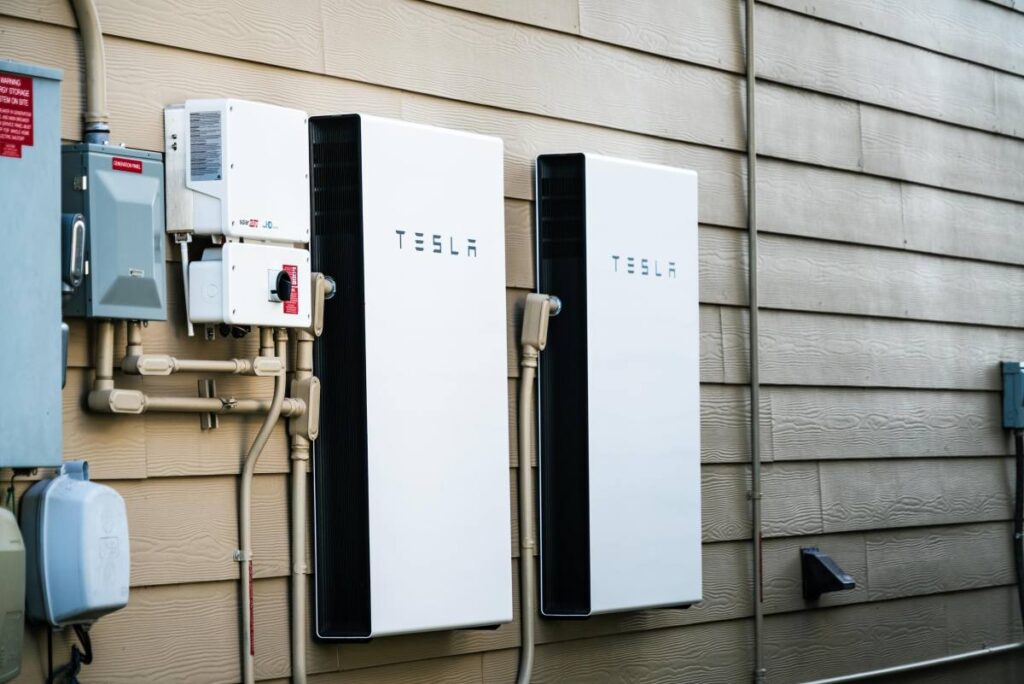Tesla’s Energy Business Faces Threats from Potential Repeal of Tax Credits
Tesla, known for its electric vehicles, has also made significant strides in the energy sector, but now faces challenges as House Republicans push to undo key provisions of the Inflation Reduction Act. These changes could have a detrimental impact on Tesla’s energy division, which has seen impressive revenue growth in recent years.
One of the main issues at hand is the potential repeal of tax credits for residential solar installations and clean energy projects. These credits have been instrumental in driving the growth of Tesla’s energy business, which brought in $2.7 billion in revenue in the first quarter alone.
CEO Elon Musk has been vocal about the importance of these tax credits, urging the Senate to consider a more gradual wind-down of the incentives to ensure the continued deployment of renewable energy projects. Musk and Tesla have been actively lobbying legislators to protect these credits, emphasizing the impact on America’s energy independence and grid reliability.
Currently, homeowners and clean energy developers can claim a 30% tax credit on new solar installations, but proposed changes could shorten the timeline for eligibility and construction requirements. This abrupt shift could jeopardize the deployment of 60 gigawatts of capacity annually, according to Tesla.
The Trump administration’s focus on “energy dominance” further complicates the situation, as renewable energy has played a significant role in the country’s energy landscape. Last year, 93% of new generating capacity in the U.S. came from clean energy sources, highlighting the importance of maintaining incentives for renewable energy projects.
The potential repeal of tax credits has already had an impact on the stock market, with American solar stocks experiencing losses. Companies like Enphase, SunRun, and First Solar have seen declines in their share prices, reflecting investor concerns over the future of the renewable energy industry.
As Tesla and other renewable energy companies navigate these challenges, the future of the energy sector remains uncertain. The outcome of the Senate bill will have far-reaching implications for the industry, highlighting the delicate balance between government regulations, incentives, and the push for cleaner energy solutions.

